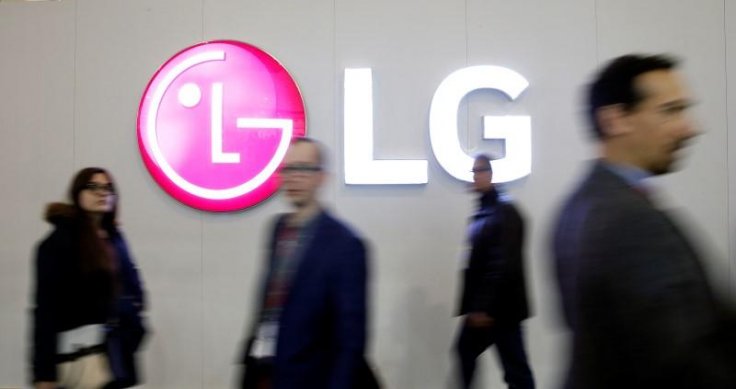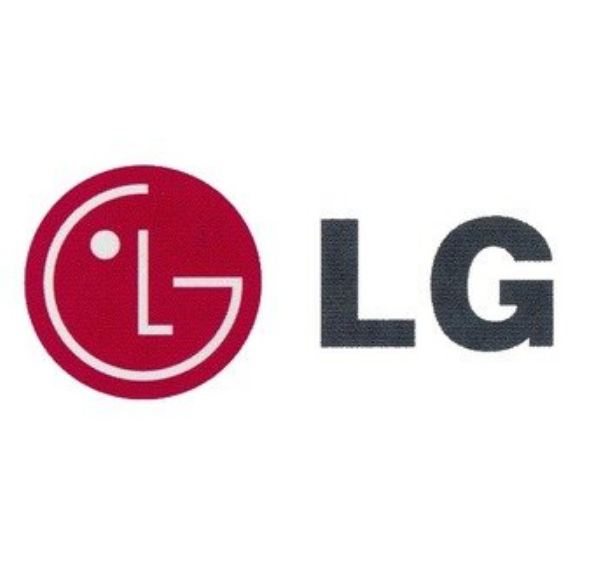LG Electronics has said it will shut down its loss-making mobile division, becoming the first major smartphone maker to fold up in a highly competitive market.
The South Korean giant has so far failed to find a buyer for its smartphone division. The move by LG is surprising considering that it has as much as 10 percent market share in North America, where it is the No. 3 brand.
LG has been trying hard to stay afloat in the recent months despite market chatter that the unit was on the blocks. In January, LG said it was planning to launch a rollable phone this year, rubbishing theories that it was looking to sell the business.
Software Support
LG has, however, said that it will continue to sell smartphones until the inventory lasts. It will also give software support for existing customers. The duration of software support varies from market to market.
Status of Employees
There is some confusion regarding the status of the employees of LG smartphone division. LG has reportedly said it will decide the future of the staff based on inputs from local operations in each country.
Why is LG Folding Up?
It has been an open secret that LG has been looking for an exit from the smartphone market in the last few years. The poor financials had bothered LG over the years even as smartphone segment was dominated by Chinese companies, leaving LG little room to turn things around in the face of stiff competition.

LG's focus area has been a mix of mid-range and high-end smartphones, but both these segments saw the conquest of Chinese smartphone makers like Huawei, Xiaomi, OnePlus, Oppo and Vivo.
LG's efforts to turn to software services like mobile payments to cut losses and make money did not go as expected. LG launched its mobile payments service in 2017 but the entry was a delayed bid and it eventually fell short of achieving scaling targets.
LG Follows the Fate of Peers
There was a time when LG ruled the handset market alongside other giants like Nokia, Motorola, Samsung and Sony Ericsson. Circa 2007, when Apple made its grand entry into the smartphone market, LG was the fifth largest phone maker behind Nokia, Motorola, Samsung and Sony Ericsson. Some 14 years later, all those companies are either peripheral players or have ceased operations. The only two companies that have survived the onslaught of the Chinese rivals are Apple and Samsung.
Who Will Take Over LG's North America Market?
Analysts expect LG's North American market share will be subsumed by another South Korean giant, Samsung Electronics, and Apple Inc.
"In the United States, LG has targeted mid-priced - if not ultra-low - models and that means Samsung, which has more mid-priced product lines than Apple, will be better able to attract LG users," analyst said Ko Eui-young of Hi Investment & Securities told Reuters.
What are LG's Losses?

According to Reuters, LG's smartphone division has racked up losses to the tune of a whopping $4.5 billion in the last six years. Its current global share is a lowly 2 percent, having manufactured some 23 million phones in the last year. In comparison, Samsung shipped 256 million phones.
The smartphone division earns as much as 7 percent of the group's revenues. Handsets is the smallest of LG's five divisions. The division will officially come to a close on July 31.
Way Forward for LG
Reports said though LG is quitting smartphones, it will retain its 4G and 5G core technology patents. Analysts to participated in a conference call with LG executives said the company pwill also retain core R&D personnel, and will continue to work communication technologies for 6G
"Moving forward, LG will continue to leverage its mobile expertise and develop mobility-related technologies such as 6G to help further strengthen competitiveness in other business areas. Core technologies developed during the two decades of LG's mobile business operations will also be retained and applied to existing and future products," LG said in a statement.









